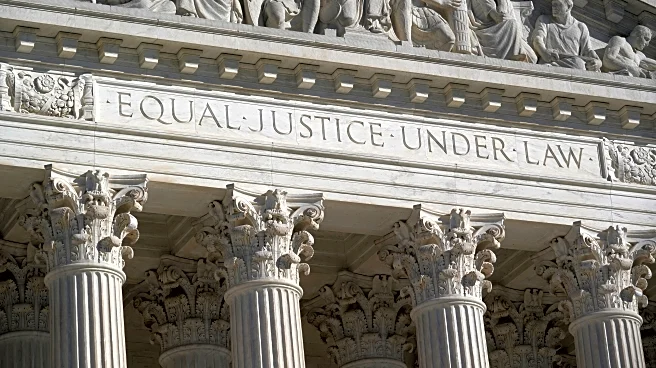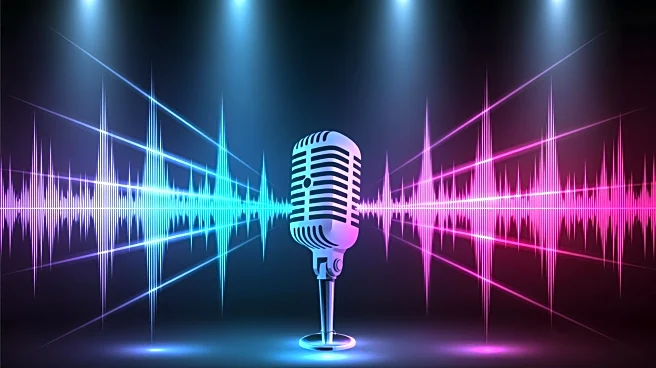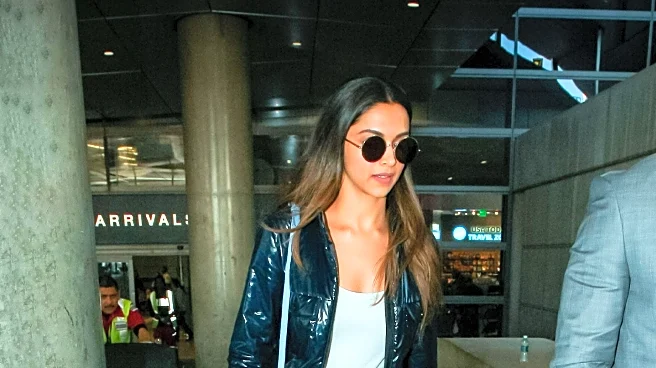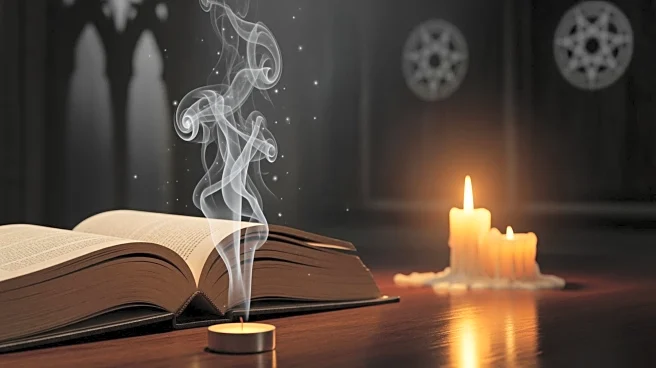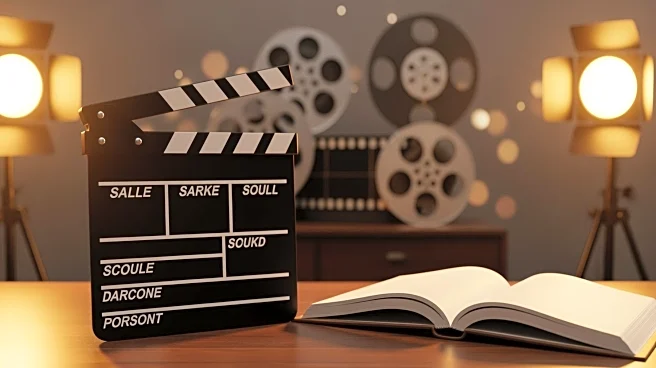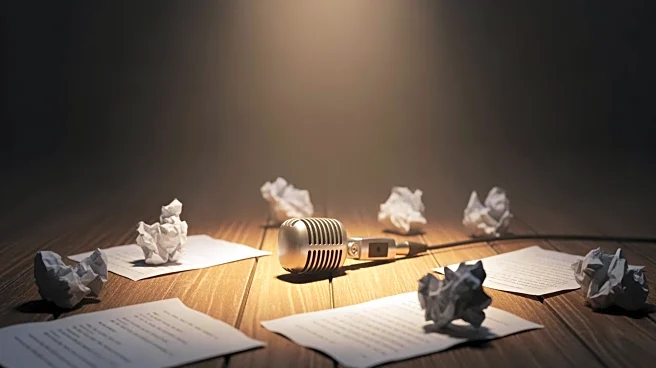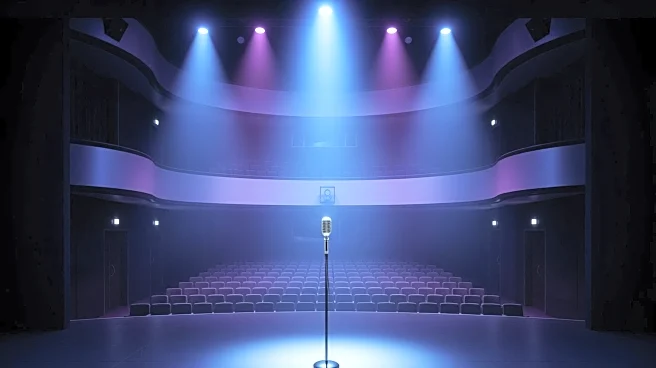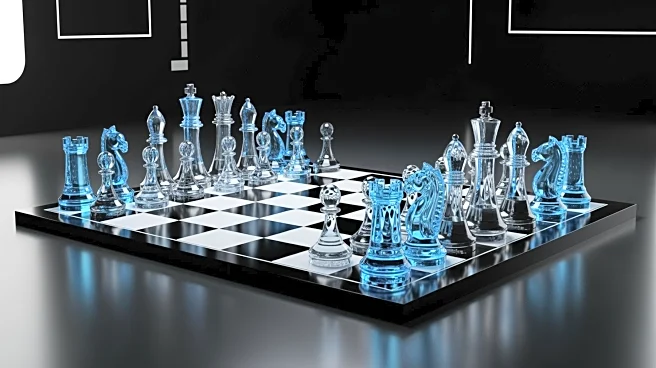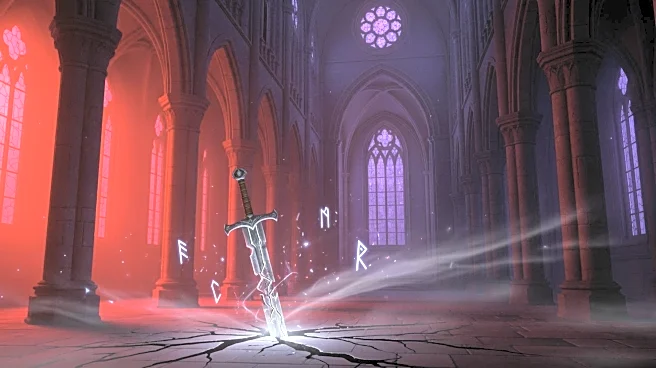WASHINGTON (AP) — The Supreme Court on Monday agreed to decide whether states can continue to count late-arriving mail ballots, which have been a target of President Donald Trump.
The justices took up an appeal from Mississippi after a panel of three judges nominated by the Republican president on the 5th U.S. Circuit Court of Appeals ruled last year that the state law allowing ballots that arrive shortly after Election Day to be counted violated federal
law.
Mississippi is among 18 states and the District of Columbia that accept mailed ballots received after Election Day as long as the ballots are postmarked on or before that date, according to the National Conference of State Legislatures.
The list includes swing states such as Nevada and states such as Colorado, Oregon and Utah that rely heavily on mail voting.
An additional 14 states allow the counting of late-arriving ballots from some eligible voters, including overseas U.S. service members and their families, according to a filing from Democratic-led states that urged the justices to reverse the appellate ruling.
The case will be argued in the late winter or early spring. A final ruling almost certainly will come by late June, early enough to govern the counting of ballots in the 2026 midterm congressional elections.
Mississippi Attorney General Lynn Fitch, a Republican, told the Supreme Court that the appellate ruling “will have destabilizing nationwide ramifications” if left in place.
“The stakes are high: ballots cast by — but received after — election day can swing close races and change the course of the country,” Fitch wrote.
Trump has claimed that late-arriving ballots and drawn-out electoral counts undermine confidence in elections. In March, the Republican president signed an executive order on elections that aims to require votes to be “cast and received” by Election Day. The order has been challenged in court.
The Republican National Committee and the Libertarian Party of Mississippi led the challenge to the Mississippi law. A federal judge dismissed a similar challenge to Nevada’s law, but the decision has been appealed.
The Supreme Court is separately considering reviving a lawsuit filed by Rep. Mike Bost, R-Ill., and backed by the Trump administration that challenges Illinois’ ballot receipt law. The issue is whether the congressman has the legal right to sue.
Some Republican-led states, including Kansas and North Dakota, have taken steps to stop counting late-arriving ballots. In Ohio, Republican lawmakers are advancing legislation that would require ballots to be received by Election Day, closing the window for mailed ballots. The measure has passed the state Senate.
In the Mississippi case, Judge Andrew Oldham wrote for the appellate panel that Congress established a “singular” Election Day for members of Congress and presidential electors, “by which ballots must be both cast by voters and received by state officials.” Judges James Ho and Stuart Kyle Duncan joined Oldham’s opinion invalidating the Mississippi law.
The ruling reversed a decision by U.S. District Judge Louis Guirola Jr., who had held that there was no conflict between the state and federal laws. “All that occurs after election day is the delivery and counting of ballots cast on or before election day,” wrote Guirola, who was nominated by President George W. Bush, a Republican.
___
Follow the AP's coverage of the U.S. Supreme Court at https://apnews.com/hub/us-supreme-court.
